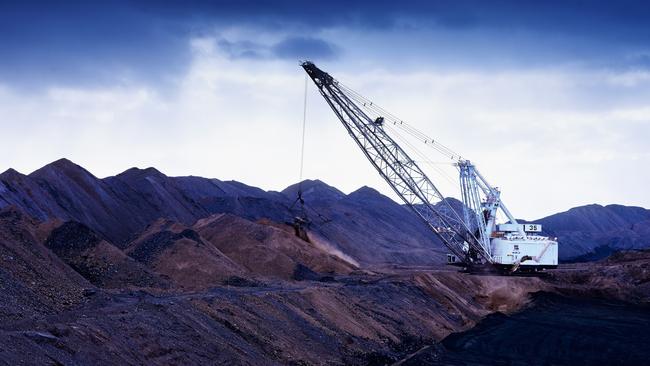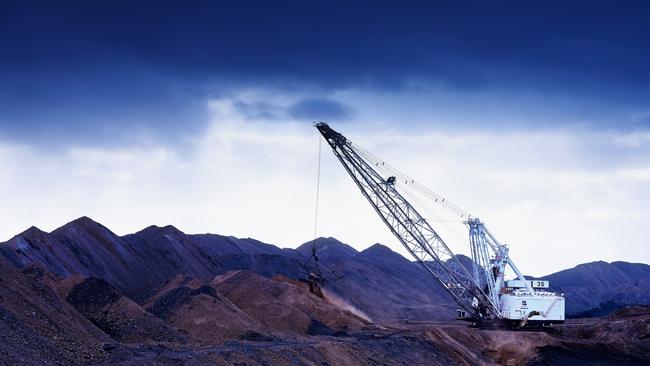Queensland’s seven BHP Mitsubishi Alliance mines to be half-powered by renewable energy thanks to new CleanCo deal
BHP Mitsubishi Alliance operates nine metallurgical coal mines in Queensland’s Bowen Basin. It also owns and runs the Hay Point Coal Terminal near Mackay.

Mackay
Don't miss out on the headlines from Mackay. Followed categories will be added to My News.
A Queensland mining giant claims a freshly inked deal will result in renewable energy covering half of the company’s annual electricity needs until 2030.
BHP Mitsubishi Alliance has extended its agreement with the state’s publicly-owned energy retailer CleanCo, which will focus on providing the mines with power from low greenhouse gas emission sources such as solar, wind, and pumped hydro.
BMA operates nine metallurgical coal mines in Queensland’s Bowen Basin – Goonyella Riverside, Broadmeadow, Daunia, Peak Downs, Saraji, Blackwater, Caval Ridge, South Walker Creek and Poitrel. It also owns and runs the Hay Point Coal Terminal near Mackay.

The miner already has a low carbon emission power agreement with CleanCo which will expire at the end of 2025.
The new deal will run to the end of 2030 and ensures BMA can get half of its overall power supply demands from low greenhouse gas emission sources for a further five years.
The extended agreement will also support four regional Queensland renewable electricity projects, which are expected to generate 1500 local jobs combined during construction.
They are the Dulacca Wind Farm due for completion this year, the MacIntyre Wind Farm set for 2025, and the existing Western Downs Green Power Hub and Kaban Wind Farm.
CleanCo will partly supply the mines through its energy storage centre at Wivenhoe Dam, west of Brisbane, which collects excess renewable power and holds it for when needed.
BHP Australia president Geraldine Slattery said metallurgical coal will remain in high demand.
“We expect demand for Queensland’s higher-quality metallurgical coal to remain strong for many years to come, as major steelmakers look to reduce their emissions intensity while delivering the steel needed to support global population growth and decarbonisation infrastructure,” she said.
BHP has set the target to reduce its operational greenhouse gas emissions by at least 30 per cent by 2030, and achieve net zero by 2050.





